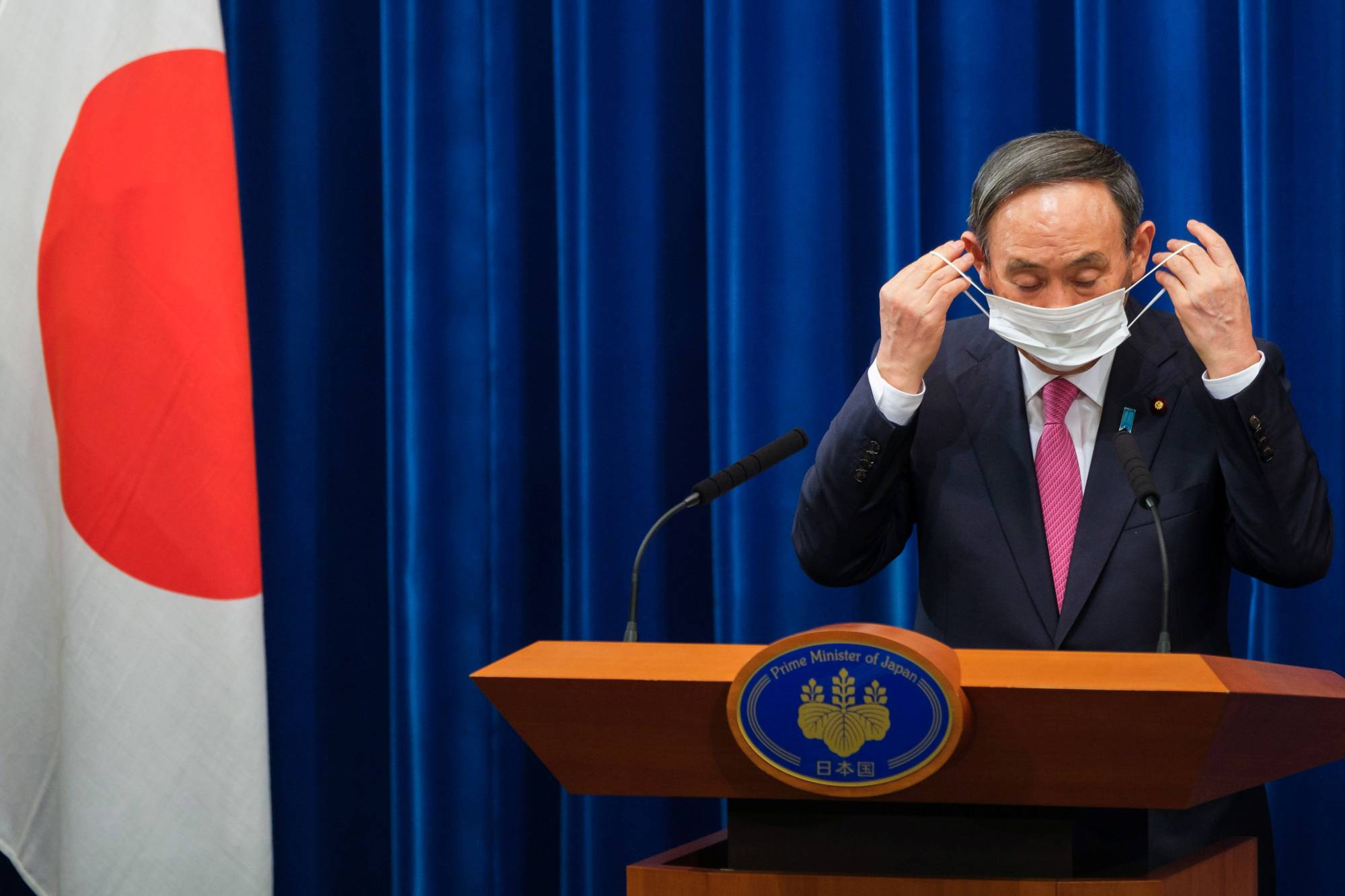While the future is always unknowable, in Japan a darker uncertainty than usual hangs over the year to come. Much of the anxiety emanates from the COVID-19 pandemic, a virus that poses profound challenges to a society that privileges person-to-person connections and uses those networks to make critical distinctions between insiders and outsiders. COVID-19 has also magnified developments and accelerated trends both internal and external that work against Japan, exposing weaknesses and vulnerabilities.
The future need not be bleak, however. Japan could use this year to prepare for inevitable changes in domestic and foreign affairs and better position itself for that world. It is unlikely to do so.
End-of-year reports of a mutated version of COVID-19 that has forced governments to again close borders are a poignant reminder that a vaccine is not the end of the pandemic. Fears of a vaccine-resistant strain will persist, as will the prospect of an entirely new disease. Biological threats are now a permanent feature of the security environment and governments and societies must incorporate them into policymaking with all the resulting side effects — such as permanent real-time surveillance and monitoring of populations, with equally troubling implications for social and political order.

















With your current subscription plan you can comment on stories. However, before writing your first comment, please create a display name in the Profile section of your subscriber account page.